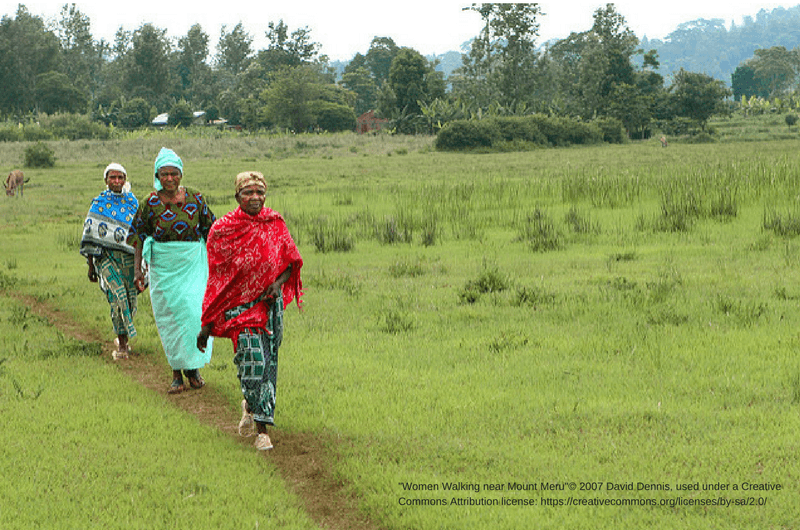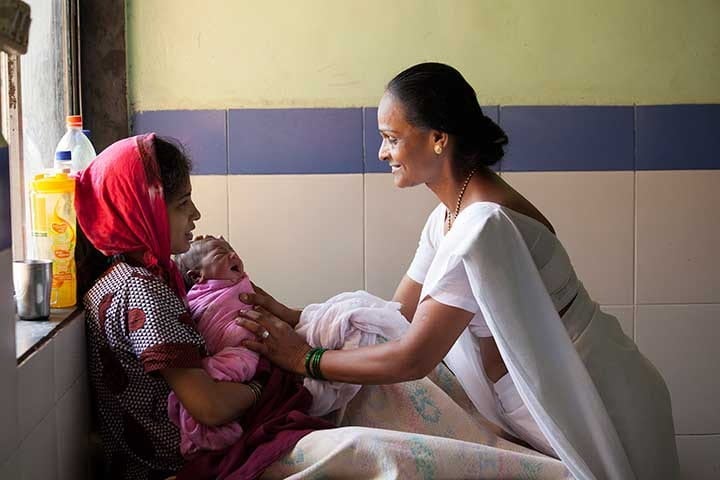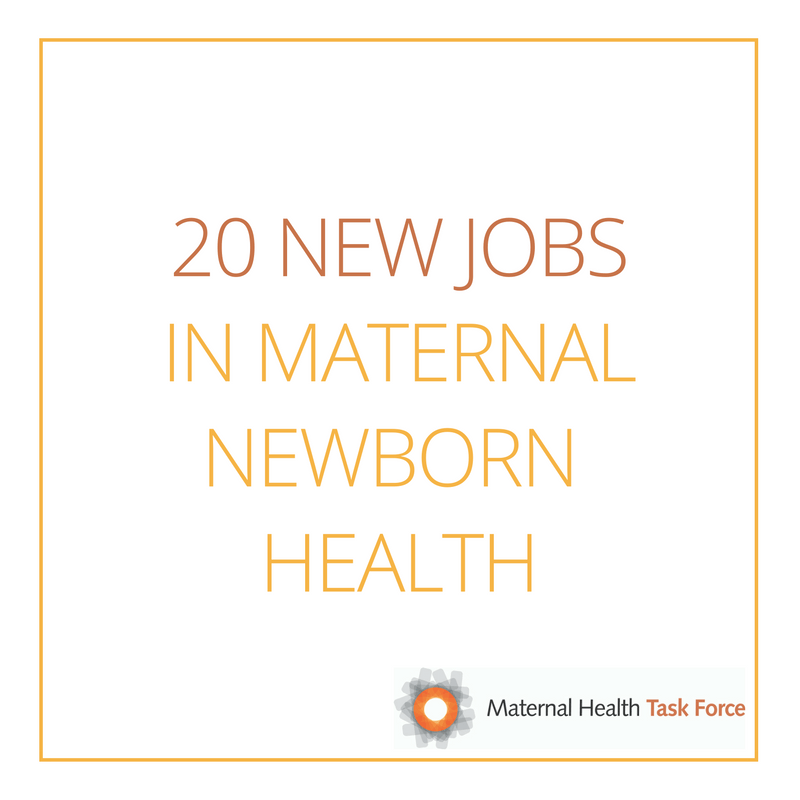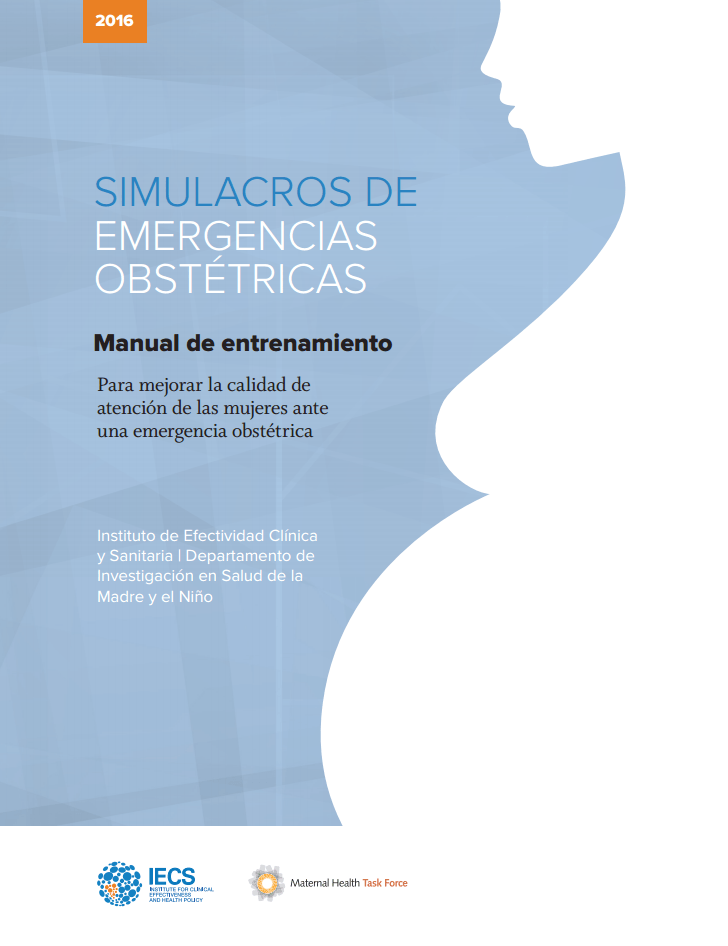Maternal Health Task Force
The Maternal Health Task Force strives to create a strong, well-informed and collaborative community of individuals focused on ending preventable maternal mortality and morbidity worldwide.
677 Huntington Avenue
Boston, MA 02115
Blog
-
The Lancet Maternal Health Series: “Beyond Too Little, Too Late and Too Much, Too Soon”
The Lancet Maternal Health Series published last month contains six papers highlighting the importance of improving access to high quality maternal health care for all women across the globe. In paper 2, “Beyond too little, too late and too much, too soon: A pathway towards evidence-based, respectful maternity care worldwide,” Miller and colleagues examine two extremes in global obstetric care: Too little, too late and too much, too soon…read more
-
“Too Far to Walk”: 20 Years Later, Distance Remains a Barrier to Maternal Health
In 1994, Thaddeus and Maine published their groundbreaking article, “Too Far to Walk: Maternal Mortality in Context.” More than 20 years later, distance remains a major barrier to maternity care for many women around the world. Where a woman lives should not dictate whether she can access high quality maternity care. The recommendations from Thaddeus and Maine deserve to be reexamined in our current context. Efforts to increase facility-based delivery must seriously consider the daily lives of women, including the many obstacles they encounter on the way to the health facility…read more

-
Ensuring Quality in Private Maternity Care
One of the most challenging areas of maternal health is measuring, improving and assuring quality of care. Measuring the quality of maternal health care can be particularly difficult, especially surrounding labor and delivery. Maternal mortality and morbidity outcomes can be misleading indicators of quality, and data on the content of care is extremely limited. For private maternity care providers, investing in continuous quality measurement and improvement can be a real hurdle. Particularly for small, independent providers, time is money and taking on complex, continuous quality improvement processes is unrealistic. However, our experience working with private providers demonstrates that they are eager to invest in quality improvement measures…read more

-
Global Leaders in Maternal and Newborn Health: Prof. Marleen Temmerman (Kenya)
Professor Marleen Temmerman is Chair of the Department of Obstetrics and Gynecology at Aga Khan University (AKU) Hospital Nairobi and Director of the Centre of Excellence in Women and Child Health AKU – East Africa. Prior to that, she was the Director of the Department of Reproductive Health and Research (RHR) at the World Health Organization (WHO) in Geneva. She is the founding director of the International Centre of Reproductive Health (ICRH) at Ghent University with sister organizations in Kenya and Mozambique and a large global collaborative network. In 2007, Professor Temmerman was elected as a Senator in the Belgian Parliament where she was member of the Commission on Social Affairs and Chair of the Commission on Foreign Affairs. She is one of the penholders of the UN Global Strategy for Women’s, Children and Adolescents’ Health 2016-2030 and also serves as Senior WHO Advisor in Women, Adolescent and Child Health. She is a member of the Guttmacher-Lancet Commission on Sexual and Reproductive Health and Rights in the Post-2015 World and a Senior Fellow in the Institute for Global Health Diplomacy in Geneva…read more

-
International Day of the Girl Child: Improving the Sexual and Reproductive Health of Adolescents Around the Globe
On International Day of the Girl Child, we are reminded of the importance of addressing the health needs of young women and girls. In 2013, maternal disorders were the fourth leading cause of death for young girls ages 15-19, largely due to the high prevalence of early pregnancy, unsafe sex and child marriage…read more
-
World Mental Health Day: Addressing Perinatal Depression in Low- and Middle-Income Countries
Women in low- and middle-income countries are faced with a double burden: they are at greater risk of experiencing perinatal depression compared to women in high-income countries, and they are also less likely to get the care they need. Even in high-income countries, many women with antepartum or postnatal depression are not screened, diagnosed or treated. In low-resource settings, many women cannot access health facilities for antepartum, intrapartum or postnatal care at all, and those who do often receive poor quality care…read more
-
20 New Positions in Maternal Newborn Health!
Interested in a position in maternal newborn health? Every month, the Maternal Health Task Force rounds up related job and internship postings from around the globe. This month, we’re featuring positions at Jhpiego, Management Sciences for Health, the Bill & Melinda Gates Foundation and more!…read more

-
Countdown to 2015 Becomes Countdown to 2030
Countdown to 2015 for Maternal, Newborn and Child Survival (“Countdown”) was established in 2005 in response to The Lancet Child Survival Series with the goal of monitoring countries’ progress toward achieving Millennium Development Goals 4 (reduce child mortality) and 5 (improve maternal health) by 2015. Countdown is led by a team of multi-disciplinary leaders in the maternal and child health field, including researchers, governments, international agencies, professional organizations and other stakeholders. Now that the world has adopted the Sustainable Development Goals (SDGs), Countdown has extended its work to monitor progress toward achieving SDG 3 (ensure healthy lives and promote wellbeing for all at all ages) by 2030…read more

-
How Good Are Our Current Measures for Maternal Health Care Quality?
The public health community has emphasized the importance of quality of maternal health care, noting that increasing access to care alone is not sufficient for improving maternal health outcomes. Many of the maternal health quality of care indicators currently used around the world have not yet been validated, which means that we may not be measuring what really matters. Researchers have demonstrated a lack of correlation between quality measures and maternal mortality. The challenge is how to capture the quality of maternal health care in diverse settings across the globe: What factors are important, and how can those factors be measured accurately? In an effort to answer that question, the Maternal Health Task Force (MHTF) partnered with colleagues at the Population Council to evaluate current measures of maternal health care quality…read more
-
Resource for Managing Postpartum Hemorrhage and Pre-eclampsia/ Eclampsia Now Available in Spanish!
We are excited to announce that the Obstetric Emergency Drills Training Kit, a free resource available for clinicians worldwide, is now available in Spanish! The Obstetric Emergency Drills Trainer’s Manual and accompanying resources were developed by the Institute for Clinical Effectiveness and Health Policy (IECS) in Argentina and the Maternal Health Task Force (MHTF) as part of a research and training project. It is our hope that, when combined, these resources will be invaluable for clinicians seeking ways to prepare for obstetric emergencies and manage postpartum hemorrhage and pre-eclampsia/eclampsia…read more
